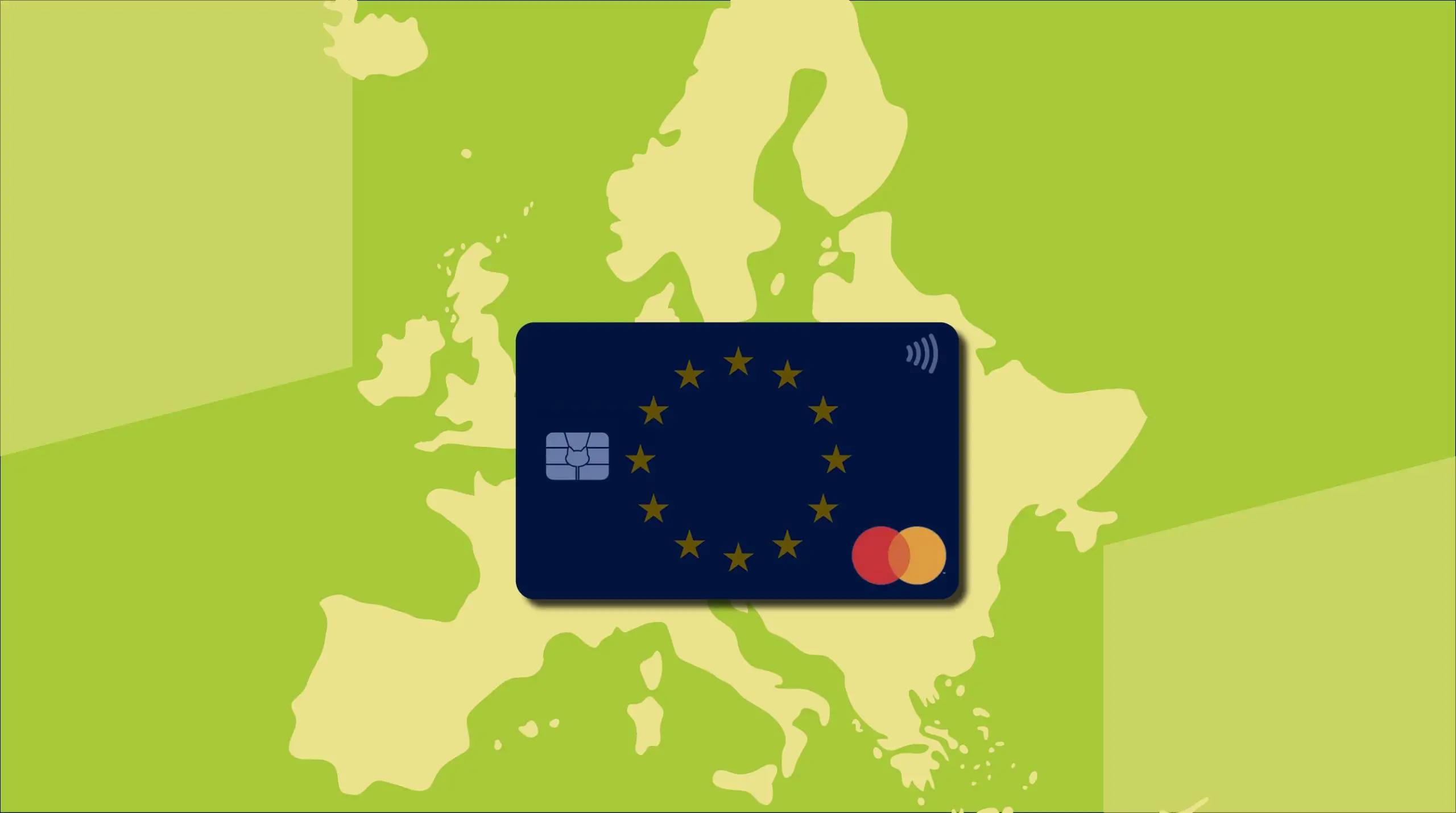Ukrainians from TOT cannot open a bank account in Romania

How the place of birth affects financial life in exile
A large number of Ukrainian refugees in Romania face numerous difficulties in receiving social assistance to their bank accounts. In particular, more than 1000 bank accounts or bank cards have been blocked without warning, which creates serious problems for refugees who depend on these payments for their survival.
In addition, about 90% of Ukrainians who apply to Romanian banks to open a basic bank account are denied. The reasons for the refusal may vary, but one of the most common is the place of birth indicated in the applicant's foreign passport. If it belongs to the territories of Ukraine currently occupied by russia, such as Crimea, Donetsk or Luhansk, banks refuse to open an account.
For example, in cases of account blocking, banks often do not notify customers in advance and do not provide clear explanations. This creates additional difficulties for Ukrainians who cannot access their funds, which is their main source of livelihood in a new country. Many of them are left destitute because bank accounts to which social assistance should be credited are inaccessible.
Reasons for refusing to open accounts may also include documentary requirements that Ukrainians cannot always fulfill due to their refugee status. For example, banks may require a work permit or proof of legal status, which is not always possible for persons under temporary protection.
This situation is a direct violation of the rights enshrined in the EU Temporary Protection Directive, which guarantees access to social security and banking services for asylum seekers. This creates additional stress for refugees who are already in a vulnerable situation due to the loss of their homes and the need to adapt to new living conditions.

This situation creates significant inconveniences not only for Ukrainians who came to Romania to escape the occupation, but also in the rest of the EU. Ukrainians are unable to fully realize their business potential and have restrictions on financial activities. In addition, it creates additional stress and uncertainty in the lives of people who had to flee the war. Thus, in June 2023, the European Council on Refugees and Internally Displaced Persons (ECRE) published a report stating that Ukrainians from the occupied territories face "systematic barriers" to opening accounts with European banks. In May 2023, the Ukrainian edition of The Kyiv Independent wrote that Ukrainian refugees in Poland face similar problems. Some banks refuse to open accounts for them due to concerns about sanctions against russia. In March 2023, Radio Liberty published a story about a 25-year-old Ukrainian refugee who could not open an account with the German bank Commerzbank because she was born in Donetsk.
Legal expert Olha Kozachun explains that people born in the occupied territories may be subject to additional control due to high risk.
She says this is based on laws and international acts such as:
The EU Anti-Money Laundering Directive (4th AML Directive). This directive requires banks to conduct thorough customer due diligence (KYC — know your customer) to prevent money laundering and terrorist financing.
International acts such as FATCA (Foreign Account Tax Compliance Act) and CRS (Common Reporting Standard). They require the exchange of financial information between countries to prevent tax evasion.
"That is, they ignore the residence and the number of years lived at the residence, instead they pay attention to the place of birth. And they argue that if a person was born in the territory that is currently occupied, it is impossible to check their banking history, given the fact that they will have to exchange information with a) the occupied territory with uncertain status and b) the current terrorist state — russia," says Olha Kozachun.
The National Bank of Romania has its own rules for opening bank accounts for non-residents. Having a residence permit in another country (Ukraine) can complicate the procedures and require additional documents.
According to the expert, even the residence permit in Ukraine is already a problem for some banks in Romania, and the permanent residency will not save here.
According to her, the following reasons for refusal may be legitimate:
Tax status and residence. Having a residence permit in Ukraine may raise questions about tax residency and possible tax liabilities.
High risk from an AML/KYC perspective. Being born in the occupied territory may trigger additional verification and increased control by banks.
Unclear credit history. Banks may be cautious if a person has a residence permit in another country but actually lives and does business in another country.
Banks may require an initial deposit, proof of legal residence status, and income documents, which can be a problem for people from the occupied territories or with ambiguous residency status (Wise) (B2B Pay powered by Barclays).
Banks such as Banca Transilvania, BRD and Banca Comerciala Romana have different requirements for new clients, including non-residents, which can complicate the process for people with special circumstances (Expat Focus) (Wise).

In a commentary for DHN, financier Olena Beliatynska explains that today, when opening an account in European banks, registering an account in various international payment systems, many Ukrainians are faced with a refusal to conduct these operations because of their place of birth — the occupied territories of Ukraine by the russians.
"Yes, banks have a certain degree of autonomy in determining their rules and policies. They develop their own internal procedures and regulations that comply with the laws of the country in which they operate, as well as international standards and recommendations of regulatory authorities. However, banks are also required to comply with certain rules and requirements set by regulators, such as central banks. These rules may include anti-money laundering and anti-terrorist financing measures, as well as sanctions and restrictions on certain countries or territories. Thus, banks formulate their policies taking into account both internal and external factors", says Olena.
According to her, there are various reasons why a European bank may refuse a Ukrainian with a place of birth in the occupied territories of Ukraine. Some of them include:
1. Political restrictions: The bank may have a policy that prohibits the provision of services or opening of accounts for persons associated with the occupied territories due to the political situation or sanctions imposed on certain countries or regions.
2. The European Bank may face legal restrictions that prohibit or limit the provision of services to persons born in the occupied territories in accordance with local or international laws.
3. Compliance risks: The Bank may be concerned that providing services to persons with a place of birth in the occupied territories may entail compliance or financial monitoring risks related to possible terrorist financing or other criminal activities.
4. Security and identity verification risk: distrust or bias on the part of the bank, which may consider persons associated with the occupied territories as a potential security threat or lawbreakers.
In general, a bank's refusal may be due to a combination of factors, including political, legal and commercial considerations. Opening a bank account for Ukrainians with a place of birth in the occupied territories can be challenging due to various restrictions and political circumstances. However, there are several steps that can be taken:
1. Study bank policies: Some banks may have a more loyal policy towards clients with a place of birth in the occupied territories. It is worth studying their terms and conditions.
2. Search for alternative options: Contact banks that have experience working with clients from conflict zones or offer special services for such cases.
3. Contacting the bank in person: In some cases, a personal appeal to the bank with an explanation of the situation can help convince them of your good faith and the need to open an account.
4. Contacting government agencies or organizations for support: There may be governmental or non-governmental organizations that can provide assistance or advice on this issue.
In any case, it is important to be prepared for the fact that the process may require time and patience, especially given the complexity of the situation with the occupied territories, experts say.
Ukrainians in Romania have formed a petition to the National Bank of Romania. The National Bank recommended that financial institutions avoid unjustified denials of access to financial services through customer verification, ensuring a balance between risk mitigation and financial inclusion. On April 8, 2024, the NBU informed the Romanian Association of Banks of the extension of temporary protection for displaced persons from Ukraine until March 4, 2025. The opening and use of basic bank accounts must comply with the legislation on the prevention of money laundering and terrorist financing, which is the responsibility of the National Consumer Protection Authority.
"Banks are trying to prevent money laundering, but by blocking accounts they violate the rights of Ukrainians to receive assistance. The National Bank of Romania recommended that Ukrainians with such problems file a complaint with the National Agency for Consumer Protection. The complaint should contain a description of the situation, personal data (CNP, passport number, surname and name) and contact information (phone and e-mail). The agency will be authorized to inspect the bank for violations of consumer rights, including those of Ukrainian refugees", — explains financier Olena Beliatynska









